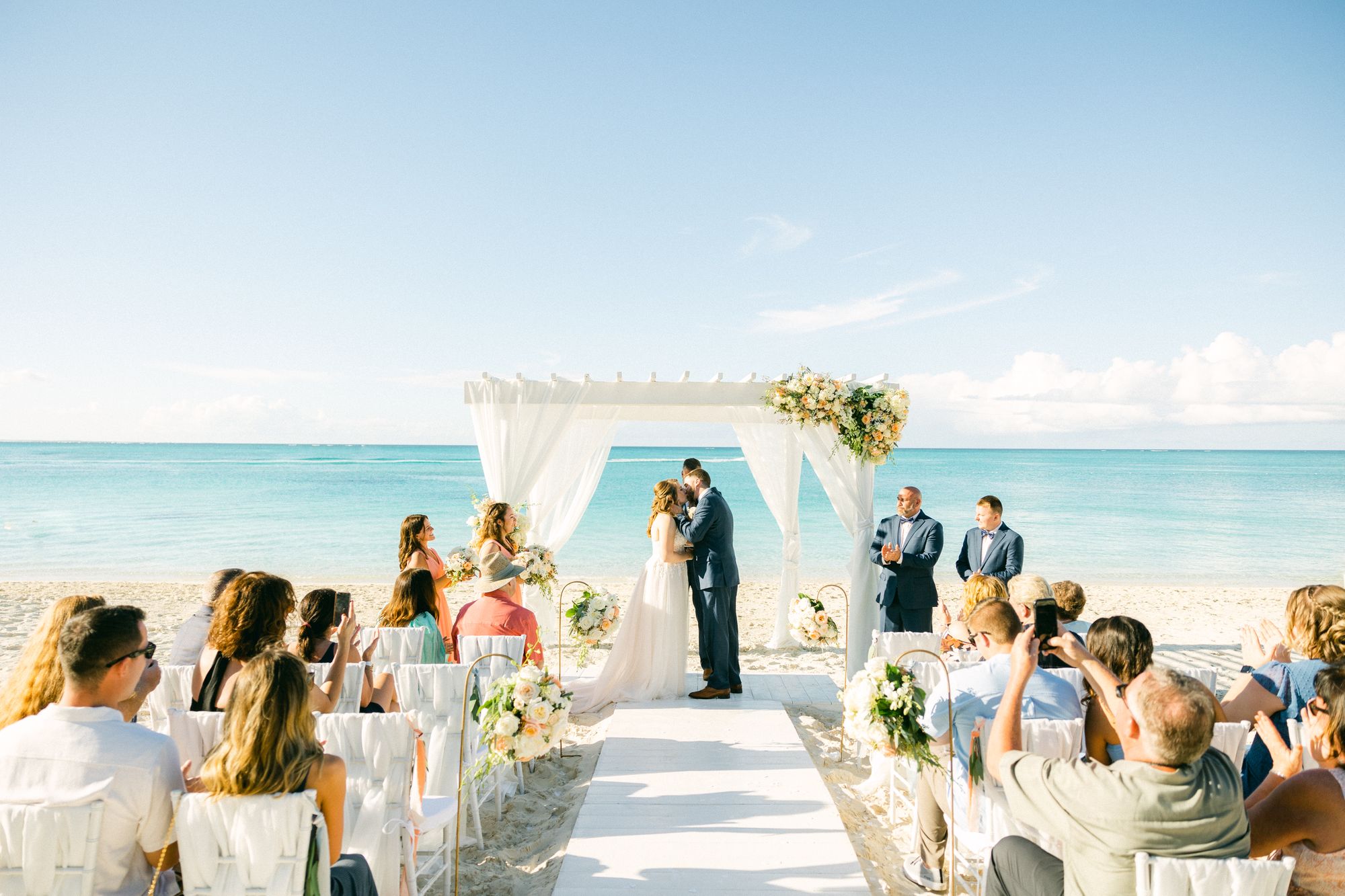
The journey to ‘I do’ is often painted with dreams of perfect dresses, stunning venues, and joyous celebrations. Yet, beneath the shimmer and excitement, lies a topic that can often be delicate, even daunting: money. Financial discussions around weddings are a reality for most couples, and they frequently involve the wider family, especially parents and future in-laws. It’s a dance of tradition, practicality, and unspoken expectations, sometimes leading to conversations that might feel a little… unexpected.
Indeed, navigating family contributions can be one of the most sensitive aspects of wedding planning. Whether it’s who pays for what, or managing differing family visions and financial capacities, these conversations require a thoughtful and empathetic approach. They are not just about dollars and cents; they’re about family dynamics, respect, and ensuring the path to marriage remains harmonious and joyful.
This article aims to shed light on these common dilemmas, drawing on the collective wisdom of real couples and experienced advisors. We’ll explore practical strategies and heartfelt advice for approaching those crucial financial talks, particularly with your future in-laws, ensuring generosity is always respected and clarity leads to harmony, not stress.

1. **Traditional costs the in-laws cover**For generations, wedding traditions have offered a loose guide on financial responsibilities. While the bride’s family historically hosts the wedding, the groom’s family is traditionally expected to cover specific expenses. These include the rehearsal dinner, the bride’s bouquet, and her wedding day transportation.
However, these are simply traditional guidelines. In reality, contributions vary widely. Some in-laws might contribute less, while others generously offer much more, adapting to modern planning realities. Understanding these traditional starting points is key before any discussions.

2. **Wait for the offer**Often, the most graceful way for financial contributions to arise is for the in-laws themselves to initiate the conversation. Most are aware of their responsibility to host the rehearsal dinner and will typically approach the couple with their ideas for venues and guest lists.
If they are willing and able to contribute to the actual wedding, they will most likely initiate that delicate conversation. This allows them to offer what they are comfortable with, on their own terms. Insights from real brides consistently suggest this organic approach is often the most common and comfortable way for contributions to be discussed.

3. **…or request privately**What if traditional offers don’t materialize? The initial step should always involve a private conversation between your fiancé and his parents. This approach is highly recommended for its sensitivity and effectiveness in navigating potentially awkward financial discussions.
Allowing your fiancé to speak privately creates a safe space for open and honest dialogue. This lets them avoid embarrassment and talk freely about a touchy subject. Perhaps they are unaware of traditions, or their financial circumstances have changed. A private chat ensures candid conversation without pressure, fostering understanding.

4. **Share a “need”**If your fiancé believes his parents might be willing to offer substantial financial support for the wedding day, a focused approach can be effective. Have him speak to them privately, sharing where their contribution would be most helpful. This means identifying a specific ‘need’ within your wedding budget.
Review vendor contracts to pinpoint a particular bill they could cover entirely, perhaps photography, videography, or entertainment. Asking them to cover a concrete expense, not a general amount, offers clear knowledge of where their contribution is going. It also helps avoid them exerting influence over every wedding choice. As one real bride shared, “We asked for a specific item (rather than an amount) to limit issues and opinions!” Their child handling the conversation allows them to respond honestly, and they might even offer more.
:max_bytes(150000):strip_icc()/GettyImages-1313315151-6e3aed8c0a3740f49adb1dfe5bbe3a03.jpg)
5. **If they’re making requests, be upfront about what you can afford**Many couples face the scenario where in-laws offer opinions but not financial contributions, especially concerning unbudgeted expenses. A real bride asked, “My in-laws haven’t offered to contribute but insist on an extensive guest list! How do I navigate this?”
This can surprisingly become an opportunity for assistance. Your fiancé should have a candid, private discussion with his parents. He can gently but firmly explain, “We wish we could afford to host all of your loved ones, but it’s not in the budget. Right now, we can only afford X number of guests on our side, and that number is firm.” Faced with desired guests being cut, they might then offer to cover additional costs. As another real bride noted, “We said we’d need to cut about 15 guests on his side. My in-laws didn’t like it and therefore offered to pay! It worked wonderfully though it wasn’t our intention.” If this occurs, factor in not just food, but also extra centerpieces, rentals, and other related expenses.
Similarly, a mother of the bride shared a common predicament: “We are paying for everything. We don’t drink, but the groom insists we serve beer and wine. Who should pay for this?” If you’re comfortable with alcohol but not budgeting for it, advise your future son-in-law: “Alcohol isn’t something we are willing to pay for, but if you’d like it at the wedding, we just ask that you cover that expense in full.” Then, provide venue bar packages. This empowers him to decide if he will fund it or ask his parents, maintaining clarity.

6. **Get Creative**While traditional etiquette guides, sometimes thinking creatively provides the best solutions, tailoring arrangements to family needs. Real brides have shared how they navigated financial discussions with creativity, turning potential sticking points into mutually beneficial agreements. These adaptable approaches highlight open communication and flexibility.
For instance, one bride’s fiancé’s parents offered to pay for the rehearsal dinner, traditionally their role. She shared, “We asked if we could allot those funds toward the wedding as we wanted a very simple backyard rehearsal dinner.” This gracefully repurposed a traditional offer. Another bride experienced a flexible arrangement: “My future in-laws are giving us a set amount, and whatever is left after the rehearsal dinner, we get to put toward wedding costs or buying a home.” This provided both event security and flexibility for broader financial goals. In both cases, the principle holds: wait for in-laws to initiate, or have the fiancé facilitate private, sensitive discussions.




